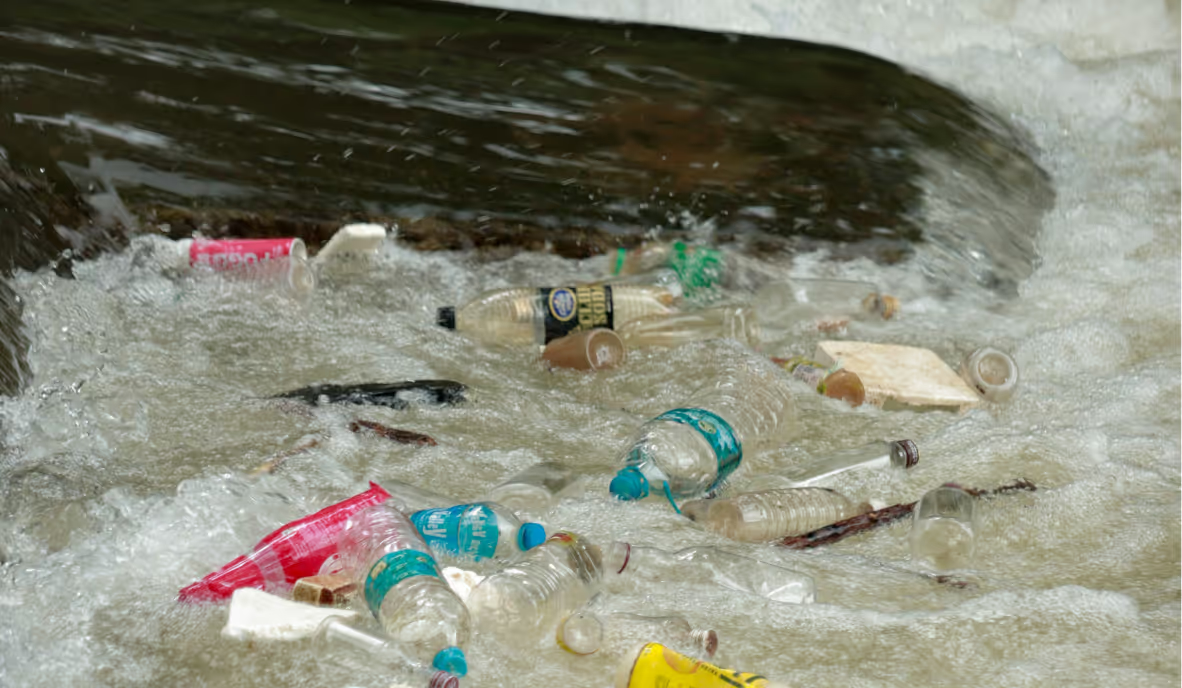Which Plastic Companies Are the Biggest Polluters?

Join the community





For 5 years, an international team of volunteers actively conducted a study, collecting and surveying more than 1,870,000 plastic waste items across 84 countries.
In April 2024, their research concluded that 56 companies are responsible for over half of the world’s plastic pollution. Shockingly, just six of these companies contribute to a quarter of this pollution.
The team found that most of the waste comes from the packaging of everyday items like food, drinks, and tobacco products.
Growing plastic crisis
Every year, we produce about 400 million tonnes of plastic waste, much of which ends up in landfills.
We're dumping the equivalent of 2,000 garbage trucks full of plastic into the world's oceans, rivers, and lakes every day.
This waste is impacting marine life, killing hundreds of thousands of them every year.
Plastic waste is also impacting human health. We are ingesting microplastic contaminated water and food, leading to endocrine disruption, insulin resistance, and in some cases even cancer.
The biggest plastic polluters
The research study found that out of more than 1.8 million pieces of plastic waste collected, more than 50% had no discernible branding. So these pieces could not be attributed to a brand.
For the remaining 900k pieces, the researchers identified that 50% of them came from just 56 multinational companies and only 6 companies were responsible for a quarter of this. This includes The Coca-Cola Company (11%), PepsiCo (5%), Nestlé (3%), Danone (3%), and Altria (2%).
The researchers also found that for every percentage increase in plastic produced, there was an equivalent increase in plastic pollution in the environment.
What are the big polluters saying?
The Coca-Cola Company said that it is stepping up its game, promising to make all its packaging recyclable by 2025 and to use at least 50% recycled material in packaging by 2030.
Nestlé is also on the move, having cut its virgin plastic usage by 14.9% in the last five years and it is actively investing in waste collection and recycling schemes worldwide.
Danone also has a strong focus on the recyclability of our packaging.
But here's the kicker. These multinationals could be cutting down their plastic production or switching to alternative materials. Instead, they're still playing the recycling card.
Recycling has been hailed as the silver bullet for the plastic crisis. But only 9% of the world's plastic is recycled, it's clear that we need to find better solutions.
We need to phase out single-use and short-lived plastic products. We need companies to cut down on plastic production and to finance the clean-up operations of the waste they have created so created.
{{cta-join3}}
In March 2022, the United Nations Environment Assembly agreed to adopt a legally binding global plastics treaty by the end of 2024.
Since then, the Intergovernmental Negotiating Committee (INC) has held four sessions, the most recent being INC-4 in Ottawa, Canada, which concluded on April 29, 2024.
Unfortunately, till now, the talks have not addressed the need to reduce the production of new plastics and to hold the polluting companies accountable for existing waste.
We hope that changes with the last and 5th session scheduled in Busan, South Korea in November 2024.











